Publication date : Septembre 2020
Authors : Hugues Kouassi Kouadio, Lewis Landry Gakpa
Abstract
This study uses data collected by ENSEA within the framework of the Agricultural Sector Support Project in Côte d’Ivoire (PSAC) carried out in 2015 to measure, firstly, the financial availability, use and quality of financial inclusion of farmers in the rural region of Sud-Comoé of Côte d’Ivoire and, secondly, to examine the factors that influence their choices in terms of financial inclusion. To this end, we construct indices for each of the three dimensions (access, use and quality) and a synthetic financial inclusion index. The results of the univariate analysis reveal that farmers in the zone are poorly financially included in terms of the “use” and “quality” dimensions, and that the overall financial inclusion situation of farmers in the Sud-Comoé is low (33% of farmers are financially included). To achieve the second objective, we used a logit model. The empirical results indicate that farmers with no schooling and fewer qualifications are more likely to be financially excluded; that the high cost of banking services and the low income of farmers limit their financial inclusion and, finally, that the experience acquired by farmers on the farm and the savings products offered by financial institutions are the factors that stimulate the financial inclusion of farmers. In addition, the education variable partly explains why financial inclusion is more frequent among rubber tree farmers than among oil palm farmers. In view of these results, economic choices and decisions must be targeted according to these empirical findings to increase the level of financial inclusion of producers, the true pillars of the economy of Côte d’Ivoire.


